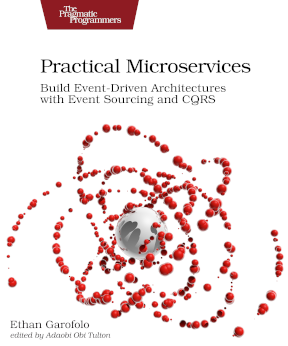Kent Beck is a smart guy. You wish he worked for your company.
You may not know that, but you do.
Alphabetically, he’s the first signatory on the Manifesto for Agile Software Development.
He wrote “Test-Driven Development” and “Extreme Programming Explained.”
So when he speaks, it’s probably worth a listen.
He was recently a guest with Dave Farley on Dave’s excellent YouTube channel Continuous Delivery, for an episode with a depressing thumbnail that reads “Waterfall Is Back.” If you click straight through to the episode and blink at just the right time, you may not have to read the depressing thumbnail.
Anyway, we spend a lot of time in software development chasing after the wind of getting requirements or dates set in stone so that we can “plan.”
Kent reminds us that at the heart of Agile was accepting that change is inevitable. In the spirit of “the obstacle is the way,” Agile said, “What if instead of fighting change or pretending that we can end it, we embrace it.” That’s not a quotation from the video—that’s my summarization of what Kent said. And yes, we are so totally on a first-name basis. 👀
So what if we accepted and embraced it? How would we work differently? Small batches. Tight feedback loops. Being willing to get something wrong. Deploying often (cough continuously).
The alternative is the whimsical proposition that we’ll get it right on the first go. Sheer, fantastic hubris.
I’m sure that’s the word the lady in the bad Star Trek show meant to say.
